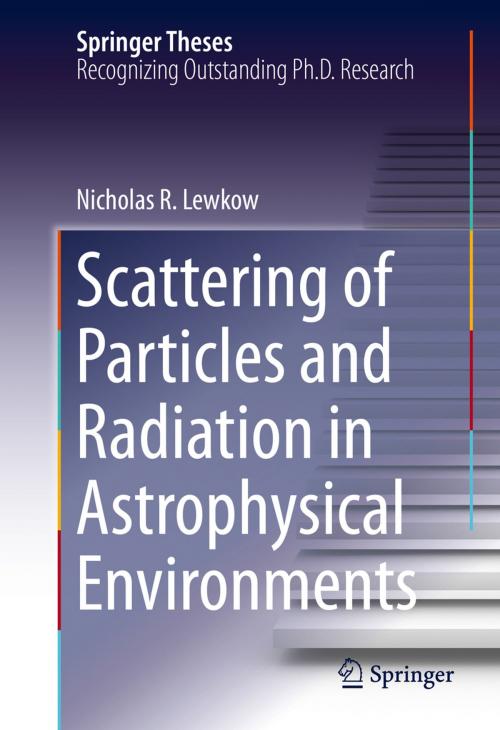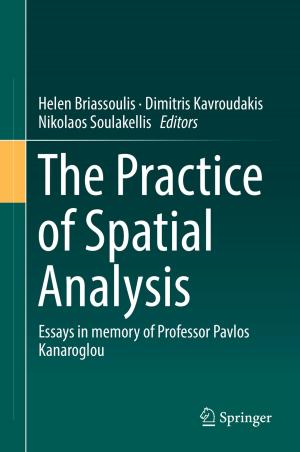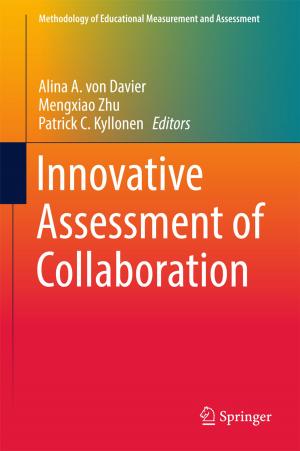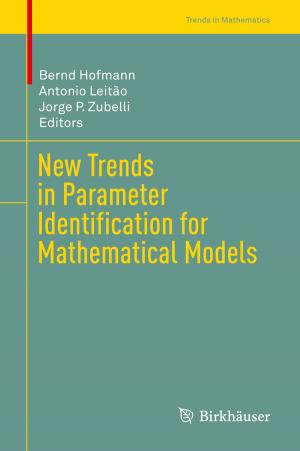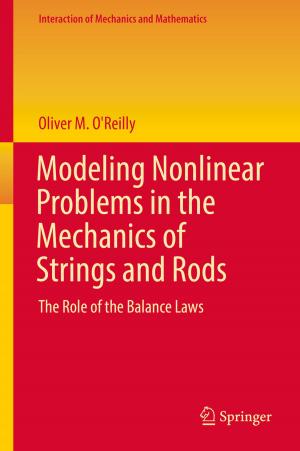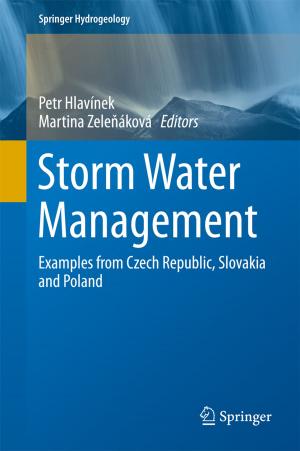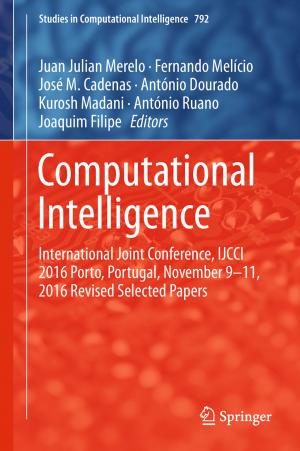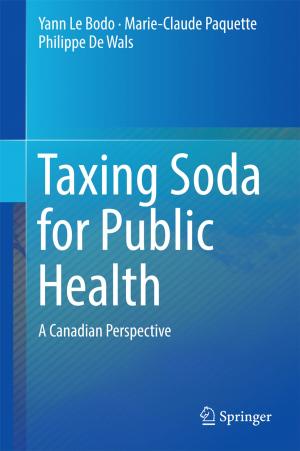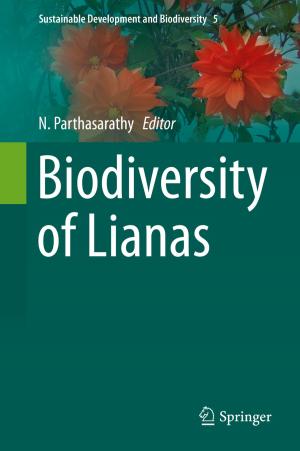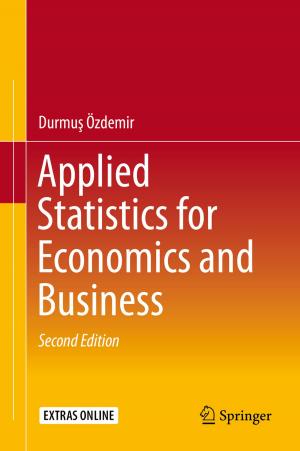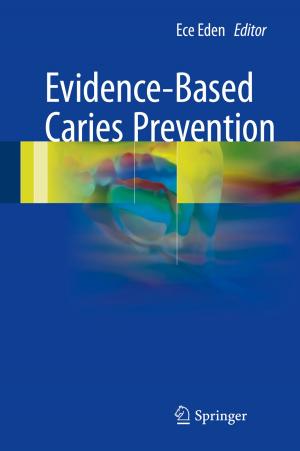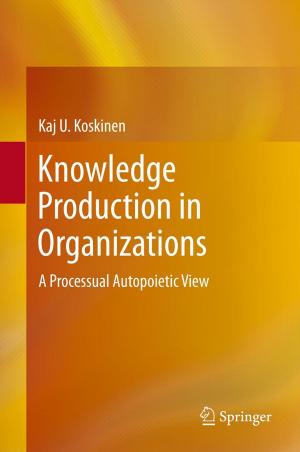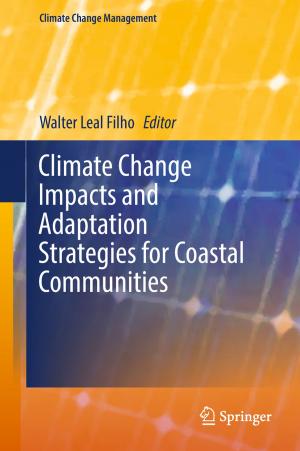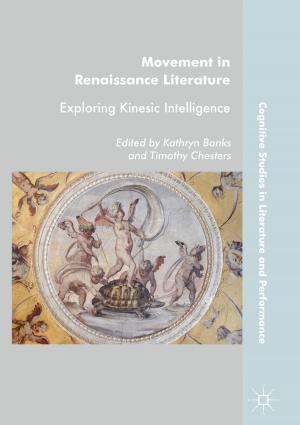Scattering of Particles and Radiation in Astrophysical Environments
Nonfiction, Science & Nature, Science, Biological Sciences, Molecular Physics, Physics, Astrophysics & Space Science| Author: | Nicholas R. Lewkow | ISBN: | 9783319250793 |
| Publisher: | Springer International Publishing | Publication: | November 24, 2015 |
| Imprint: | Springer | Language: | English |
| Author: | Nicholas R. Lewkow |
| ISBN: | 9783319250793 |
| Publisher: | Springer International Publishing |
| Publication: | November 24, 2015 |
| Imprint: | Springer |
| Language: | English |
This thesis considers the non-equilibrium and energy transfer processes involved in the evolution of astrophysical gases and plasmas. Momentum-energy transfer in collisions of atoms, molecules and ions governs the evolution of interacting astrophysical gas and plasmas. These collisions require an accurate quantum mechanical description and the work presented here develops a unified kinetic and quantum-mechanical model for this consideration. The multi-scale computational approach implemented here takes into account non-thermal distributions of atomic particles and clarifies their role in the evolution of interstellar gas and planetary atmospheres. As shown, the physical parameters of non-thermal distributions strongly depend on the differential cross sections of atomic, molecular and ion collisions. Readers will find a detailed description of the energy relaxation of energetic atoms, produced in the interstellar gas by the solar and stellar wind plasmas. Computation of the non-thermal diffuse background of energetic helium atoms in the heliosphere is also included for evaluation of the contributions from local and cosmic sources and analysis of related satellite observations. Work involving modeling of energetic particle precipitation into planetary atmospheres and formation of the planetary and exoplanetary escape fluxes has been performed with very accurate cross sections, describing momentum-energy transfer processes with high precision. Results of the Monte Carlo simulations, carried out for the Mars atmosphere at different solar conditions, can be used for analysis of observational data for Mars atmospheric escape and investigation into the history of Martian water.
This thesis considers the non-equilibrium and energy transfer processes involved in the evolution of astrophysical gases and plasmas. Momentum-energy transfer in collisions of atoms, molecules and ions governs the evolution of interacting astrophysical gas and plasmas. These collisions require an accurate quantum mechanical description and the work presented here develops a unified kinetic and quantum-mechanical model for this consideration. The multi-scale computational approach implemented here takes into account non-thermal distributions of atomic particles and clarifies their role in the evolution of interstellar gas and planetary atmospheres. As shown, the physical parameters of non-thermal distributions strongly depend on the differential cross sections of atomic, molecular and ion collisions. Readers will find a detailed description of the energy relaxation of energetic atoms, produced in the interstellar gas by the solar and stellar wind plasmas. Computation of the non-thermal diffuse background of energetic helium atoms in the heliosphere is also included for evaluation of the contributions from local and cosmic sources and analysis of related satellite observations. Work involving modeling of energetic particle precipitation into planetary atmospheres and formation of the planetary and exoplanetary escape fluxes has been performed with very accurate cross sections, describing momentum-energy transfer processes with high precision. Results of the Monte Carlo simulations, carried out for the Mars atmosphere at different solar conditions, can be used for analysis of observational data for Mars atmospheric escape and investigation into the history of Martian water.
